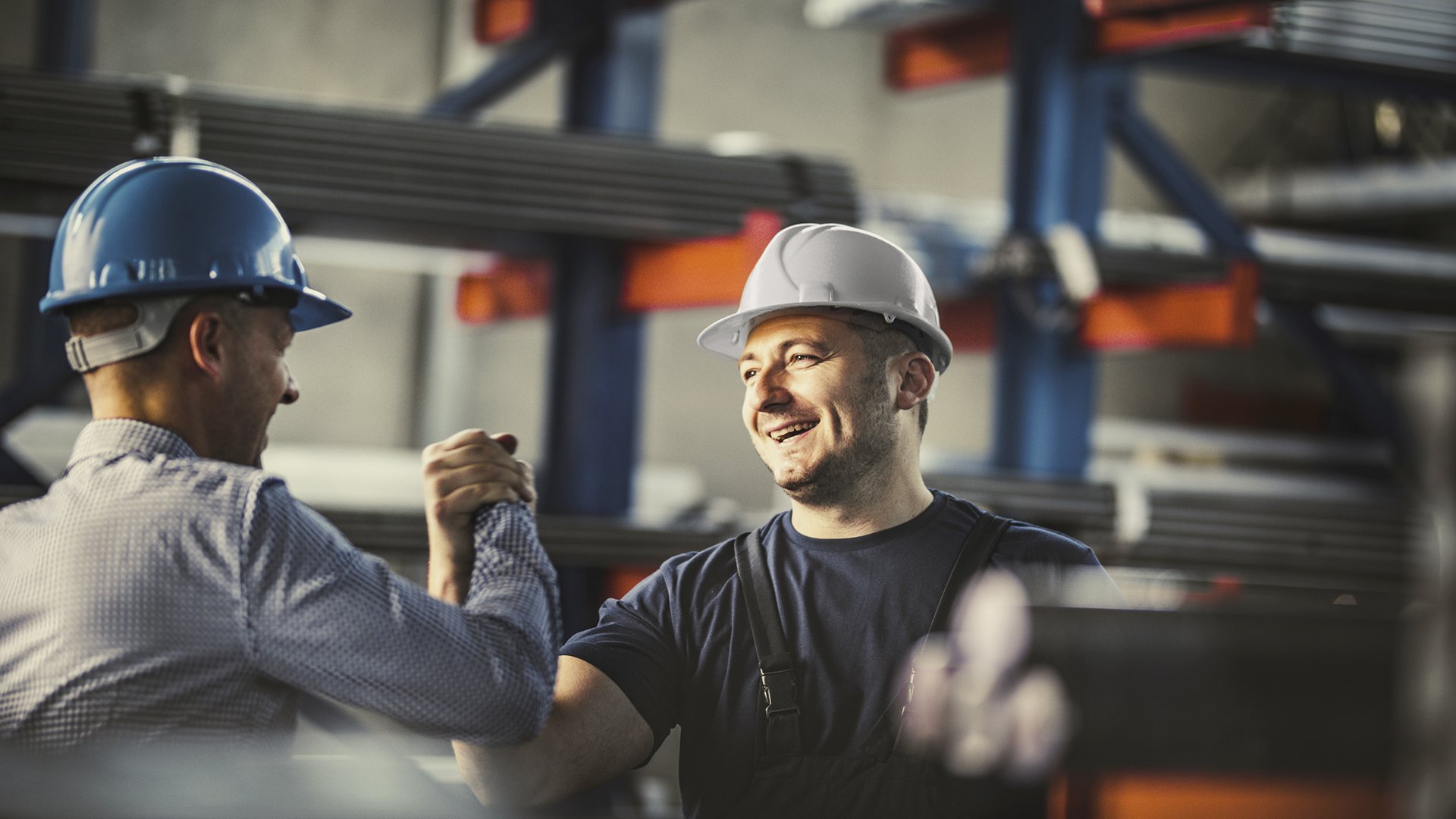Merlo Valleyfield Project Is Taking Shape Quickly
Phase 1 of the Merlo Valleyfield residential project is progressing rapidly, with an opening scheduled for spring 2026. Once completed, the...
1 min read
 Carl Labrecque
Aug 7, 2025 3:56:22 PM
Carl Labrecque
Aug 7, 2025 3:56:22 PM

It’s no secret: technology is transforming nearly every industry. The construction sector in Quebec is no exception.
Driven by major technological advances and ambitious policies, this evolution aims to reduce the carbon footprint while improving project efficiency. Here’s an overview of the innovations redefining sustainable construction and the recent landmark measure: the authorization of timber buildings up to 18 storeys high.
Robots are now part of construction sites. They lay bricks, assemble reinforcements, and speed up work, enabling faster project execution. This automation also improves precision and reduces risks associated with repetitive tasks and workplace accidents.
Some sites integrate connected sensors that monitor energy consumption, air quality, and structural safety. This real-time data significantly improves project efficiency and safety while minimizing environmental impact.
3D printing in construction is revolutionizing the industry. Producing components off-site reduces waste, accelerates production, and offers unprecedented flexibility for designing custom structures.
From self-healing concrete that repairs its own cracks to bio-based insulation, these innovative materials extend building lifespans while reducing their carbon footprint. Some coatings even incorporate photovoltaic cells to generate electricity.
Building Information Modeling (BIM) and augmented reality make team collaboration easier. These tools allow 3D project visualization, error detection before construction, and cost optimization.
These approaches shorten timelines and reduce waste by manufacturing components in factories before on-site assembly. The result: faster and cleaner construction sites.
The Régie du bâtiment du Québec now authorizes the construction of encapsulated mass timber buildings up to 18 storeys, up from the previous limit of 12. This decision marks a turning point for the industry. Timber, a local and renewable resource, significantly reduces greenhouse gas emissions compared to concrete or steel.
Technological advances in the construction sector continue to address these questions: How can we build faster and smarter? How can we be more eco-friendly and rethink housing while ensuring comfort?
These innovations are not just trends—they are redefining how we design and build our cities. With cutting-edge technologies and new regulations, Quebec is well-positioned to become a leader in sustainable construction.
For developers, architects, and contractors, now is the perfect time to embrace these solutions and contribute to a greener future.
Phase 1 of the Merlo Valleyfield residential project is progressing rapidly, with an opening scheduled for spring 2026. Once completed, the...
The shift toward more sustainable practices in the construction industry is no longer a trend — it’s a necessity. The climate crisis, increasing...
We are thrilled to introduce our team and services, and to show you why we are the ideal partner for all your real estate projects. At Alyzé, we...